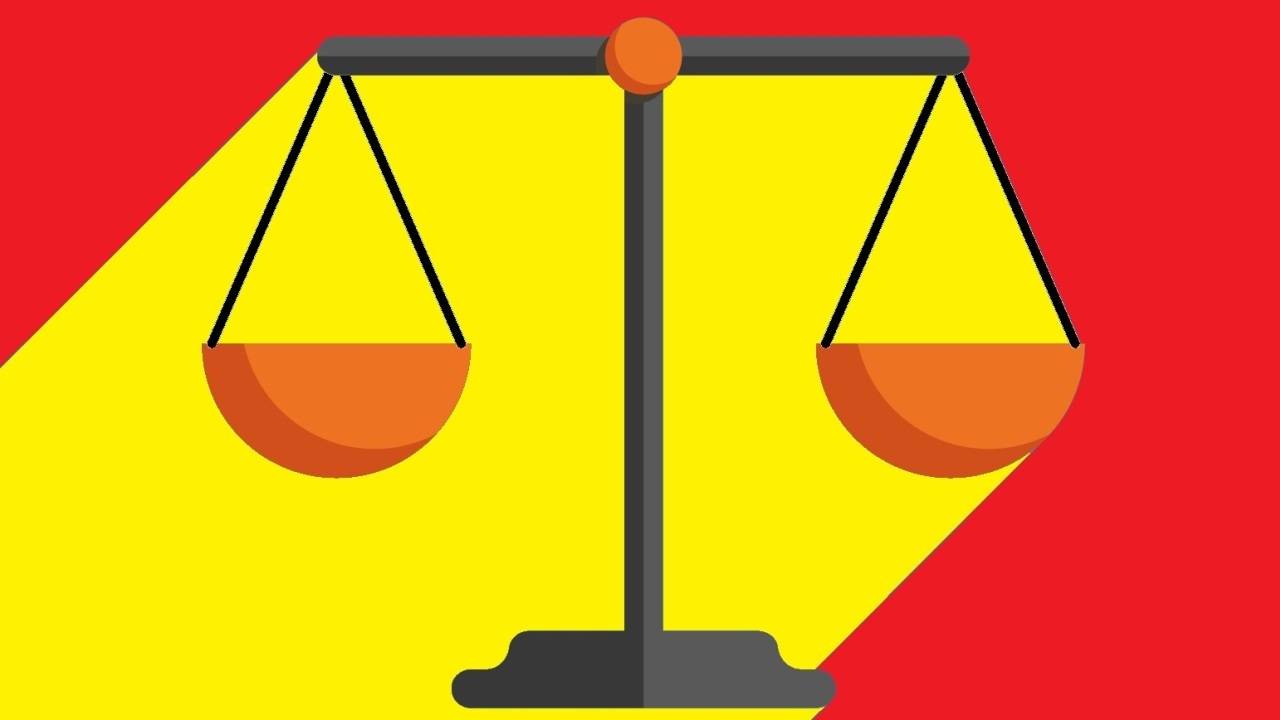What are the requisites of a valid judgment?
Due process dictates that before any decision can be validly rendered in a case, the following safeguards must be met: 
(a) the court or tribunal must be clothed with judicial authority to hear and determine the matter before it;
(b) it must have jurisdiction over the person of the party or over the property subject of the controversy;
(c) the parties thereto must have been given an opportunity to adduce evidence in their behalf; and
(d) such evidence must be considered by the tribunal in deciding the case.[1]
[1] Rabino v. Cruz, 222 SCRA 493 (1993), citing El Banco-Español-Filipino v. Palanca, 37 Phil. 94; Macabingkil v. Yatco, 21 SCRA 150 (1967); and Lorenzana v. Cayetano, 78 SCRA 485 (1977).




